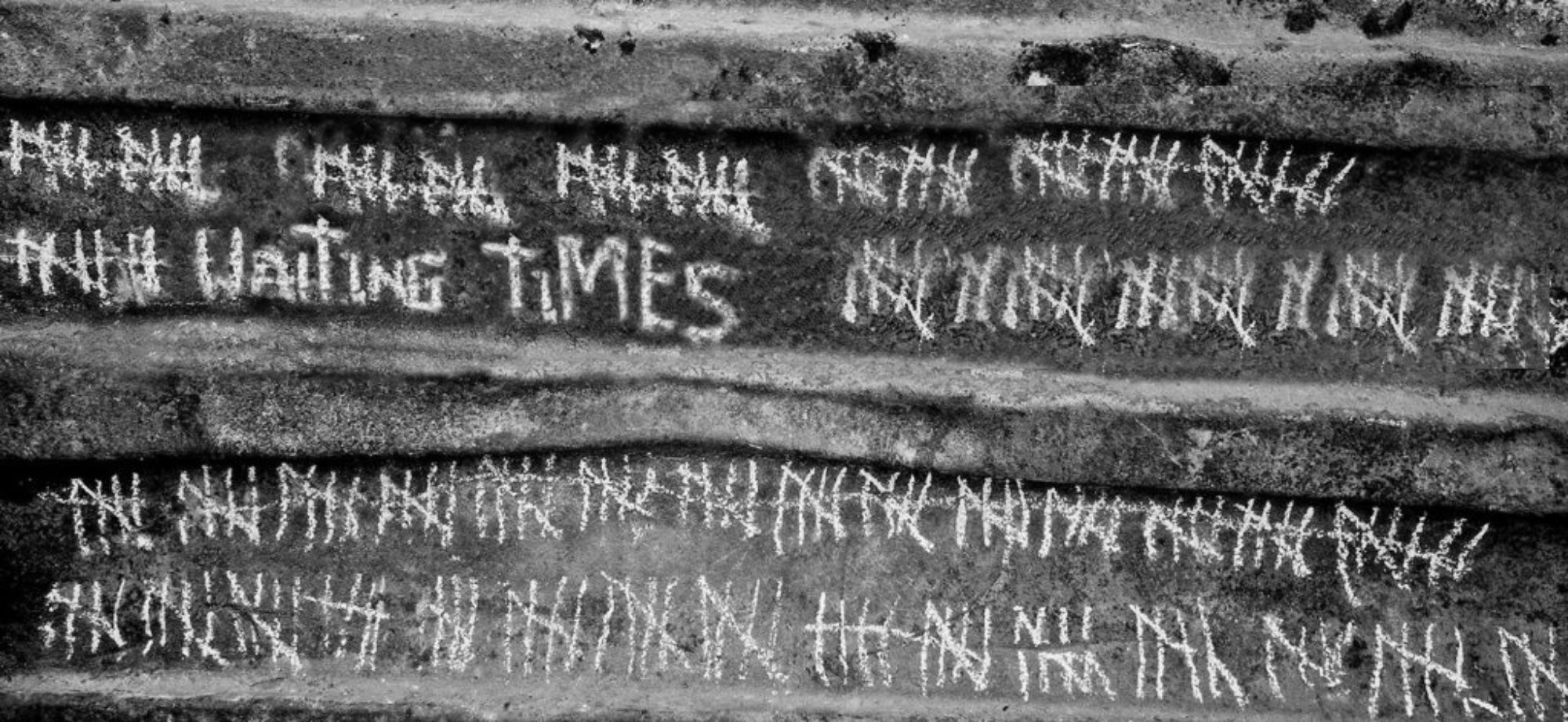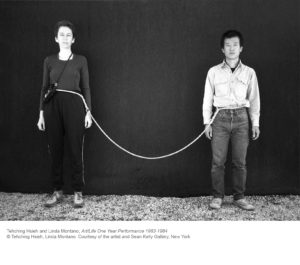The first point of departure in this project is the fact that psychoanalysts and psychotherapists use time to promote psychic change and in this aspect of their work they encounter many challenges, related to the functioning of the institution, but also to the particular populations they are working with, such as children and adolescents. In other words, temporalities of urgency and chronicity play out strongly in mental healthcare, and psychotherapists face the difficult task of maintaining the durational qualities of time at the core of their work.
The project gives special attention to collective containers, to images and rituals of holding in mental health work, and to the collective creativities that are involved in making and maintaining a “good-enough collective container” for the individual psychoanalyst or psychotherapist and her patient.
The second point of departure comes from the reflection that there is a curious “phenomenological gap” in psychoanalysis when it comes to processes of splitting and to describing the “life” of psychic fragments resulting from processes of splitting. In simpler terms, we are often in a position to lack a precise understanding of what is being split and how the splitting occurs. In this project I propose a metapsychology of fragmented psyches and shows that a close investigation of the experience of time in the psychoanalytic consulting room can further specify the “lives” of the different fragments we are considering.
I show that by orchestrating a dialogue with the work of Sándor Ferenczi, we arrive at a fuller and more substantive conception of psychic splitting and of the psychic life of fragments which are the result of splitting. Not all these fragments map on to the three Freudian agencies of the psyche: id, ego and superego. There are kinds of splitting that make demands from us and that point to a need for metapsychological revisions.
While attempting to capture and describe some “odd” temporalities of the psyche, and of different fragments of the psyche, the project will make an argument for the capacity of psychoanalysis to illuminate multiple times, but to also work across multiple times. With the complicated crossing of times in Nachträglichkeit, Freud took us on a fascinating journey. In a light of a metapsychology grounded in the writings of Sándor Ferenczi, the threads of time that we discern in our work with patients can be further pluralised. The relationships and interactions between these threads of time can also be pluralised. Times do not simply intersect each other, but they also seduce one another, they attack one another, they subjugate one another, mobilising various psychic agencies and fragments in so doing.
Project lead: Raluca Soreanu


